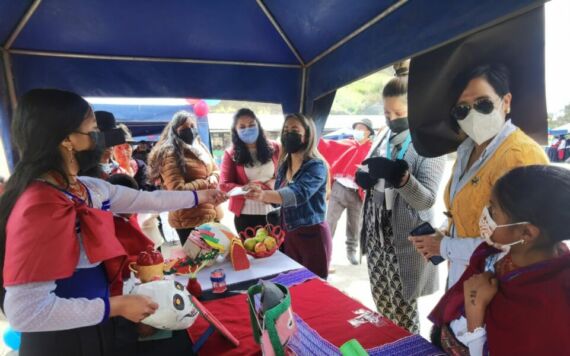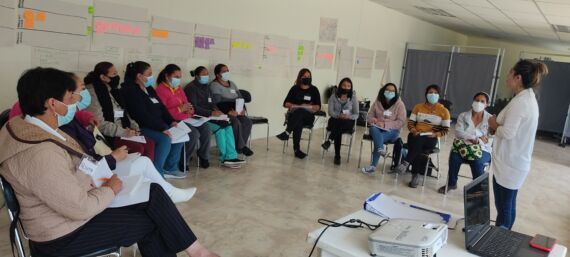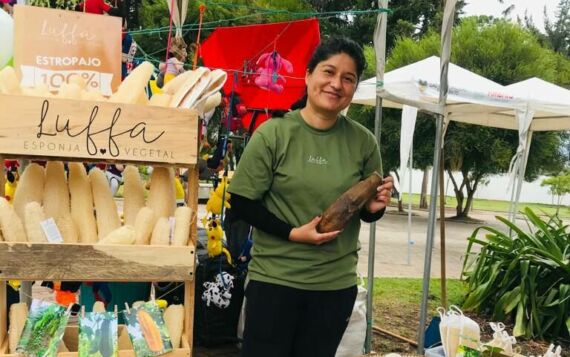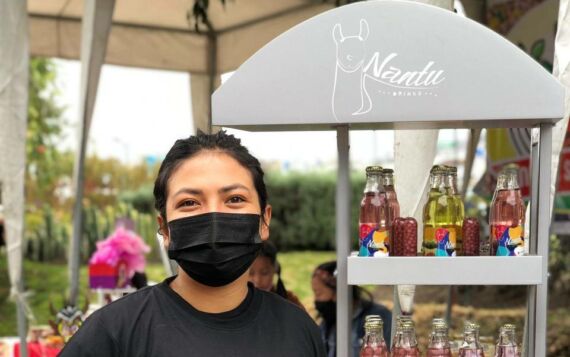| Project Name | Program for the construction of productive trade chains with rural stakeholders in Tungurahua |
| Commisioned by | German Federal Ministry for Economic Cooperation and Development (BMZ) |
| Country | Ecuador |
| Implementing Organisation | Corporación de Desarollo de Ambato y Tungutahua CorpoAmbato – corpoambato.org.ec |
| Duration | October 2022 – February 2024 |
The Challenge
COVID-19 Pandemic Could Poses a Threat for the Ecuadorian Economy: Since the Pandemic started in Tungurahua many micro, small and medium-sized enterprises (MSMEs) face serious economic difficulties regarding the management and (digital) innovations of their enterprises.
MSMEs Operate in an Unstable Socio Economical Context: Even before the pandemic, MSMEs were affected by the marginalization of the rural population. The impacts of the COVID-19 pandemic further tightened the already dense social-economic situation. The local impacts of the pandemic led to increased poverty and inequality in the rural area, consequently prohibiting the growing of the rural economy.
The Current Political Course Adds Further Pressure to the Difficult Situation of MSMEs: Trade liberalization policies pursued by the government to combat the consequences of the pandemic put MSMEs into direct (inter)national competition with other companies. Due to lacking tools for innovation, business management, marketing and digitalization, many MSMEs are not properly equipped and prepared to compete with large scale producers.
The Objective
The project aims to implement an innovation and business acceleration laboratory to promote the economic activity of rural MSMEs in the province of Tungurahua.
The Target Group
The programme targets rural micor-entrepreneuers in five cantons of Tungurahua in the following four economic sectors: leather and footwear, textile and apparel, agriculture and agribusiness, furniture and handicrafts. A special focus is given to women (50 %), young people (50 %) and people in situations of human mobility (20 %).
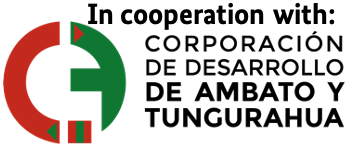
About Corporación de Desarrollo de Ambato y Tungurahua CorpoAmbato
CorpoAmbato is a non-profit organization, created in 1999, through a program of the Inter-American Development Bank, to strengthen local capacities.
It’s purpose is to promote entrepreneurship, innovation and sustainable economic development in the province of Tungurahua by encouraging the active participation and integration of local actors such as local governments, academia, community leaders, rural leaders, entrepreneurs, civil society, women’s organizations and youth organizations.
Website: corpoambato.org.ec
The Approach
Capacity Building: Human development methodologies, business coaching, associativity and collaborative work will be applied to create a culture of entrepreneurship and innovation among the participants and to accelerate the businesses of the MSMEs.
Physical, Agro-industrial and Digital Innovation Laboratory: Within the laboratory, the participants will be enabled to develop a product or service, produce prototypes and test their products, design the process of production and improve linkages with consumers.
In the first two laboratorys, the participants have the support of students and professors from the Technical University of Ambato and of the staff of CorpoAmbato for the rapid prototyping of their products. During the third laboratory, participants will attend a digital mentoring program, which provides expertise and tools and offers the opportunity to develop the business of the mentees.
Establishing a Commercial Networking System: To safeguard the sustanibility of the businesses, a commercial network will be established. The network will serve as a platform for linking local enterprises with possible providers of ressources such as seed capital.
Mapping of Allies Joining the Project: Different actors, such as local and central government, academy and civil society, will support and collaborate with the project.
Achieved Results
- 109 MSMEs improved their economic reactivations through the implementation of a physical and digital innovation and business accerleration laboratory
- A networking platform for enzerprises was implemented
- 57 capacity building workshops were implemented on social, productive, and commercial innovation
- 30 networking events were organized to coordinate production and commercial chains, marketing events and the search for financing


